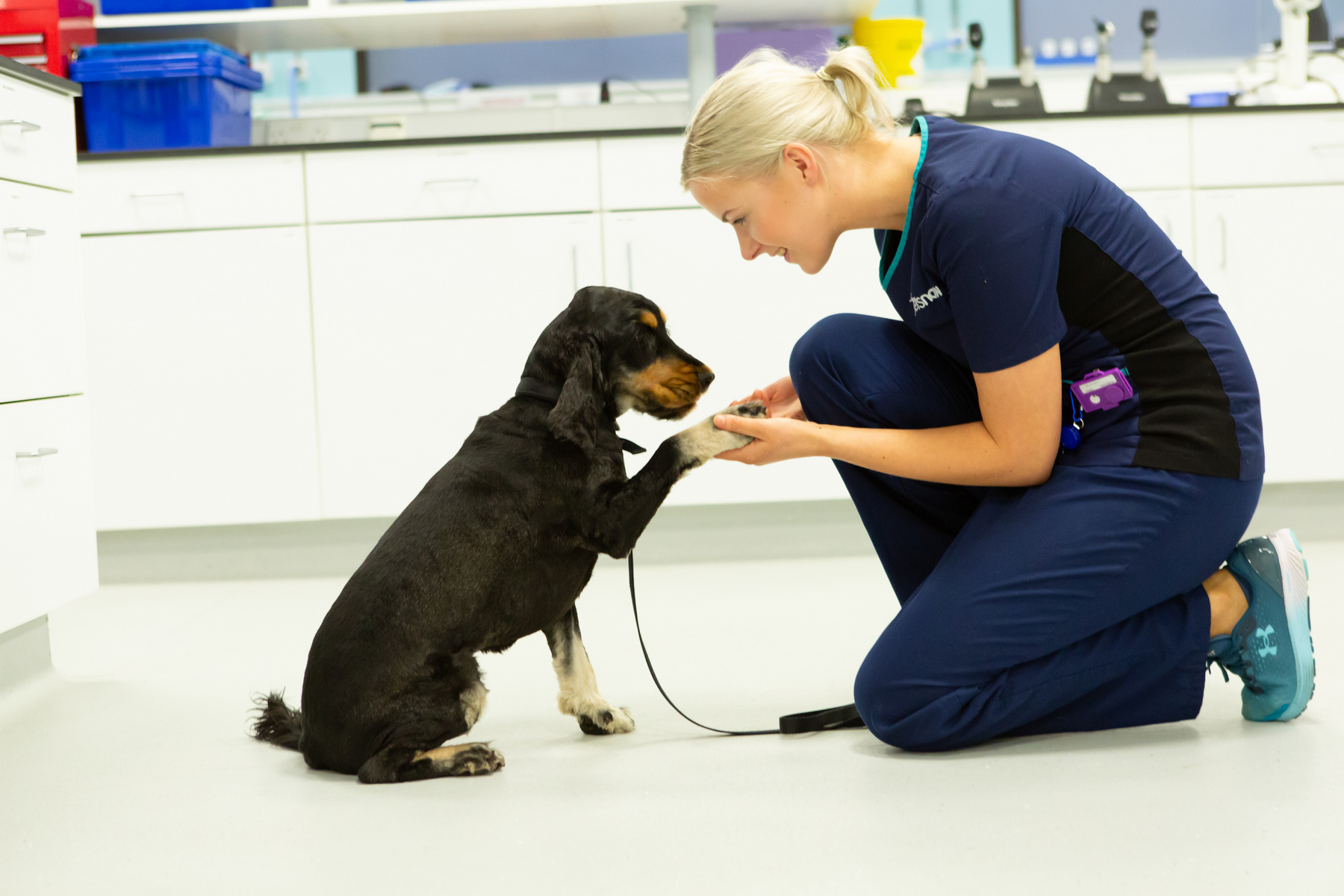If you suspect that your pet has ingested a toxic substance, it is critical to act quickly and efficiently. Poisoning can result from various sources, including household chemicals, human foods, plants, and medications. Understanding the appropriate steps to take can make a significant difference in your pet’s outcome. Here’s what you need to know about emergency treatment for poisoned pets.
1. Recognizing the Signs of Poisoning
Identifying the symptoms of poisoning early is crucial for effective treatment. Common signs may vary based on the toxin but can include:
- Vomiting or diarrhea
- Excessive drooling
- Lethargy or weakness
- Difficulty breathing or coughing
- Tremors or seizures
- Pale or blue gums
- Unusual behavior (e.g., aggression, confusion)
If you observe any of these symptoms, treat it as a medical emergency and take immediate action.
2. Assess the Situation
Before taking any action, gather information about the potential poison. Determine:
- What substance your pet may have ingested
- How much they might have consumed
- When it occurred
- Your pet’s size and breed
This information is crucial for your veterinarian and helps them decide on the best course of action.
3. Do Not Induce Vomiting Without Professional Guidance
Inducing vomiting is not always the appropriate response, as it can sometimes cause more harm than good. For example, if your pet has ingested corrosive substances, inducing vomiting can further damage their esophagus and mouth. Always consult with a veterinarian or poison control center before attempting to induce vomiting. If advised, you can use hydrogen peroxide (3% solution) for dogs, but this should only be done under guidance. Cats are more sensitive to this and should not be given it without professional advice.
4. Call Your Veterinarian or Poison Control
Contact your veterinarian immediately or call a pet poison control hotline. Some of the leading poison control resources include:
- ASPCA Animal Poison Control Center: 1-888-426-4435
- Pet Poison Helpline: 1-855-764-7661
These resources can provide specific guidance based on the toxin and your pet’s condition. They will advise whether to bring your pet in for treatment and any immediate steps to take before arriving.
5. Transporting Your Pet to the Vet
If advised to seek veterinary care, transport your pet safely and calmly. Keep the substance’s container or label handy for the vet, as it contains important information about the toxin. Make sure your pet is secure in the vehicle, as agitation can worsen symptoms. If your pet is unconscious or struggling to breathe, ensure they are in a comfortable position for transport.
6. Treatment at the Veterinary Clinic
Once at the vet, the treatment will depend on the type and amount of poison ingested. Common treatments may include:
- Activated Charcoal: This may be administered to absorb toxins in the stomach. It’s most effective within a couple of hours after ingestion.
- Intravenous Fluids: To flush out toxins and support hydration, especially if your pet is vomiting or unable to drink water.
- Medications: Antidotes may be provided for specific toxins (e.g., vitamin K for rodenticide poisoning) or medications to manage symptoms (e.g., anti-nausea or anti-seizure drugs).
- Surgery: In severe cases, your vet may need to perform surgery to remove harmful substances from your pet’s stomach or intestines.
7. Monitoring and Follow-Up Care
After treatment, your pet may require monitoring for several hours or longer, depending on the severity of the poisoning. The veterinarian will provide instructions for follow-up care and monitoring for any lingering symptoms. They may recommend returning for additional tests or treatments to ensure complete recovery.
8. Prevention and Safety Measures
Preventing poisoning is crucial. To minimize the risk:
- Keep hazardous substances out of reach: Store medications, cleaning products, and chemicals in locked cabinets.
- Be cautious with food: Educate yourself about foods that are toxic to pets, such as chocolate, grapes, onions, and garlic.
- Avoid certain plants: Research and remove poisonous plants from your home and garden.
- Label hazardous items: Clearly label any toxic products and educate family members about their dangers.
9. Emergency Preparedness
Create an emergency plan that includes:
- The contact information for your veterinarian and local emergency clinics
- Phone numbers for pet poison control centers
- A list of common household items that are toxic to pets
- First aid supplies for pets
Being prepared can help you act swiftly and effectively in case of poisoning or other emergencies.
Final Thoughts
Poisoning in pets is a serious and often life-threatening situation that requires immediate action. Recognizing the signs, gathering information, and contacting a professional are crucial first steps. Remember, do not induce vomiting or treat your pet without veterinary guidance. Quick intervention can save your pet’s life, so staying calm and informed is essential. By taking preventive measures and being prepared, you can significantly reduce the risk of poisoning in your furry companions.





